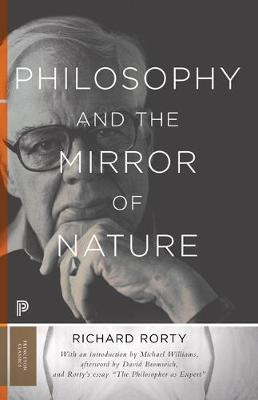This review critically examines Rorty's main arguments and their historical context, providing a balanced assessment of the book's strengths and weaknesses.
The review on Academia.edu provides a critical examination of Rorty's main arguments, placing them within their historical context. They appreciate Rorty's bold critique of traditional philosophy and his call for a new approach, but they also point out some weaknesses in his arguments. The reviewer suggests that while the book is thought-provoking and significant, it may not provide all the answers. They highlight the book's impact on philosophical discourse and its relevance to contemporary debates.
Quick quotes
This review critically examines Richard Rorty's 'Philosophy and the Mirror of Nature', considering its historical context and main arguments against traditional philosophy.
Rorty's critique is bold and thought-provoking, but some arguments may not convince everyone.
The book's impact on philosophical discourse is significant, making it a must-read for anyone interested in the field.
